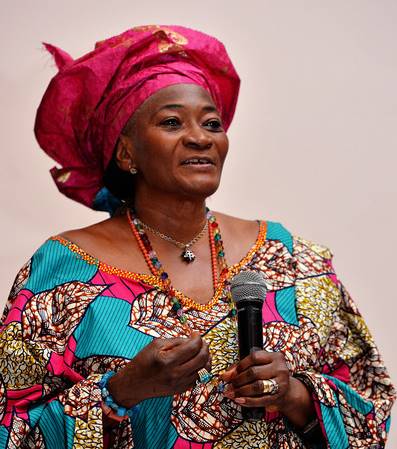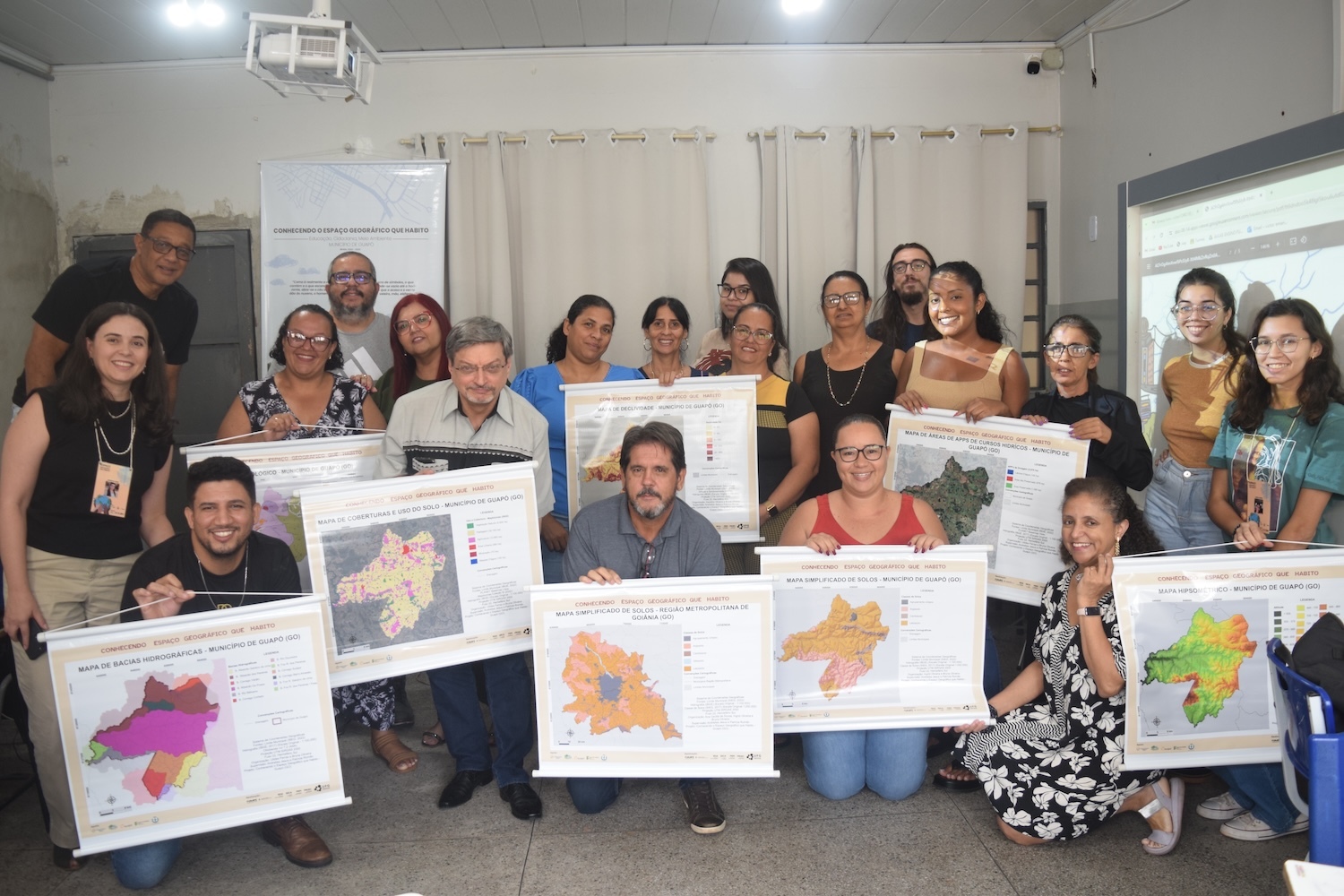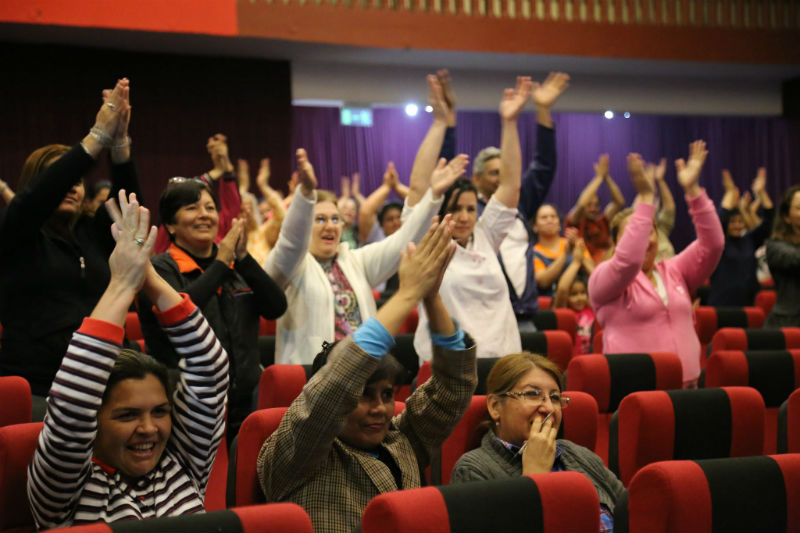
Dr. Paddy Njoku, Executive Director of the National Examination Council at regional summit for educators, “Character and Entrepreneurship Education: A Tool for National Development,” in Abuja, Nigeria. ALL PHOTOS COURTESY OF NEWSIS
“Being educated should be made obvious in our character. Education helps you secure a job, but character helps you keep the job,” said Dr. Paddy Njoku, Executive Director of the National Examination Council at regional summit for educators in Abuja, Nigeria, on November 6.
More than 250 participants, including principals of secondary schools, teachers and students convened for the summit, “Character and Entrepreneurship Education: A Tool for National Development.” The program is one of two pre-conference events of the Global Peace Leadership Conference and Festival in the Nigerian capital, from November 7-9, 2013. The conference and festival are hosted by the Global Peace Foundation (GPF) and the Institute for Peace and Conflict Resolution.
Dr. Njoku warned that when a man loses his sense of value, he loses his humanity. “A man without ethics is a wild beast loosed around the world. By the time he combines his human and animal nature he becomes a beast, a ‘manimal’ —a man without value is a beast.” Character and Creativity education is about to revolutionize the way we live, he added.
Special Assistant to the President on Ethics and Values Mrs. Sarah Jibril noted that character and creativity issues are of national importance now, which she said is why Nigerian President Goodluck Ebele Jonathan specifically created the Office of Ethics and Values.
Presenting a goodwill message from the President, she added, “We are capable of humanizing our inhuman nature. Unless values are inculcated into human conscience, ethics cannot be adhered to. Quality food plus quality character makes an effective citizen. We are teachable, changeable, development- able and transformable.”
“Character is the root of leadership and creativity is the root of innovation. In Nigeria, we are already seeing good results, and those need to be replicated.”
The Character and Creativity Initiative, a project of the Global Peace Foundation, is an experiential training in values and entrepreneurship for students in secondary schools. It was initiated in Kenya 2011 and introduced into Nigeria in February 2013. To date five schools have included it into their academic curricula. The Initiative is also seen as a long-term remedy to chronic youth unemployment in Nigeria.

GPF International Vice President and Executive Director of Leadin Dr. Tony Devine(top left) addresses Nigerian educators on the Character and Creativity Initiative.
Character and creativity was embraced by Nigerian schools according to some principals and heads of schools because it is highly relevant to the new curricula being adopted to address youth restiveness and unemployment. It is also aimed at preparing the youth for the challenges of the twenty-first century work environment.
“Schools are expected to produce graduates who should measure up with the rapid development of technology,” observed GPF International Vice President Dr. Tony Devine, who also serves as Executive Director of Leadin, GPF’s education division. He said employers seeks to employ people who are ethical, innovative, motivators, and problem solvers. “Character is the root of leadership and creativity is the root of innovation,” he said. “In Nigeria, we are already seeing good results, and those need to be replicated.
Dr. Devine said some of the values CCI promotes include unique anti-bullying programs, creative ways to integrate character and academic subjects, effective strategies for developing student leadership, and activities that build community—within the school and beyond.

Special Assistant to the President on Ethics and Values, Mrs. Sarah Jibril addresses the CCI Summit.
Dr. John Omiti, a researcher with the Kenya Institute for Public Policy Research and Analysis which conducted a government-authorized review of CCI, challenged Nigerian educators to embrace it. He said CCI contributed to a general reduction in social problems in the school environment and that students also began to model healthy lifestyles.
“CCI is meant to create job creators,” he added. “CCI is also meant to change both the school culture to bring out the best out of the students.”
Aturu Jonah of the Education Research Council Abuja said that “education without proper direction is a meaningless endeavor. No individuals or society will entrust anything of value to persons of doubtful character.”
He said that overcrowded classrooms constitute an obstacle to character and creativity in schools, because teachers will not be able to monitor students’ behavior, adding, “when character is compromised, creativity is impaired.”
The Global Peace Leadership Conference, “Moral and Innovative Leadership: Building Sustainable Peace for a Prosperous Future,” convenes from November 7-9, 2013 at the Sheraton Hotel in Abuja.



